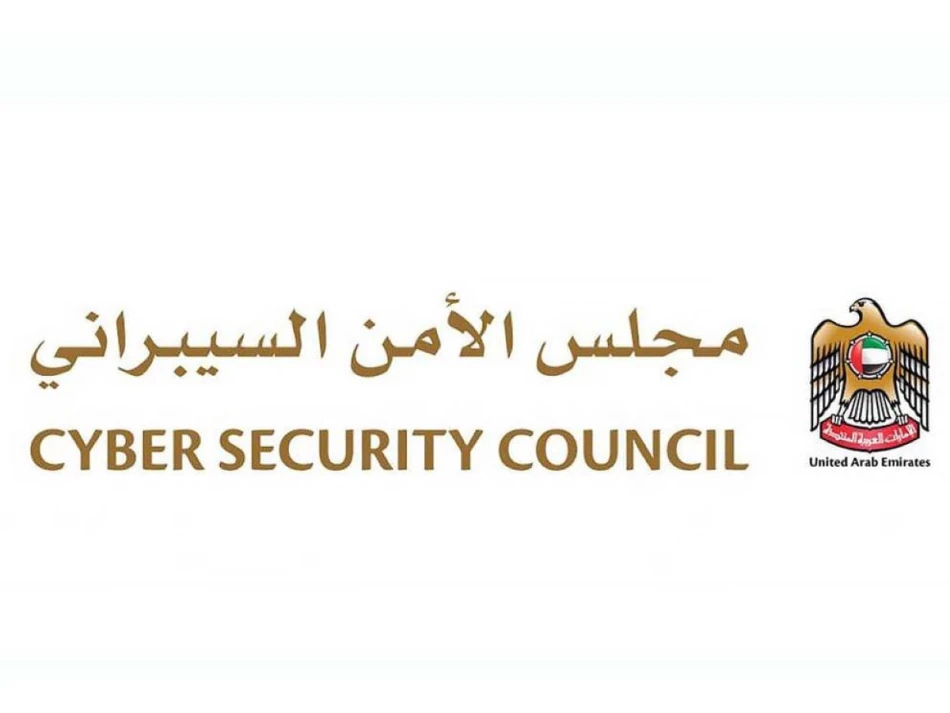
Cybersecurity Council and Defense Ministry Enhance Cooperation to Strengthen Cyber Governance
UAE Strengthens Military Cybersecurity Through Advanced Defense Exercises and Strategic Partnerships
The UAE is intensifying its cybersecurity posture through deeper collaboration between its Cybersecurity Council and Ministry of Defense, highlighted by sophisticated military cyber exercises that simulate advanced persistent threats. This strategic alignment positions the Emirates as a regional leader in digital resilience while integrating cybersecurity principles directly into military doctrine—a move that reflects growing recognition of cyber warfare as a critical national security domain.
Military-Civilian Cyber Integration Takes Center Stage
The partnership between the UAE's Cybersecurity Council and Ministry of Defense represents a significant evolution in how nations approach digital defense. Unlike traditional models where military and civilian cyber capabilities operate in silos, the UAE is pursuing unified governance structures that enable rapid response to threats targeting critical infrastructure.
This approach mirrors strategies adopted by leading cyber powers like Israel and Singapore, where military cyber units work closely with civilian agencies. However, the UAE's model appears more institutionally integrated, with formal mechanisms for joint planning and execution.
Advanced Persistent Threat Simulations Signal Serious Preparedness
The cyber exercise conducted during IDEX 2025 involved 22 defense sector participants and simulated an Advanced Persistent Threat (APT) ransomware attack—the type of sophisticated, state-sponsored cyber operations that have disrupted critical infrastructure globally. The choice to focus on APT scenarios demonstrates the UAE's recognition that future conflicts will likely feature cyber components targeting power grids, financial systems, and military networks.
Why APT Training Matters for Regional Security
APT attacks represent the most serious category of cyber threats, typically attributed to nation-state actors who maintain long-term access to target networks. By training military personnel to respond to these scenarios, the UAE is preparing for the reality that future regional conflicts may begin in cyberspace rather than on traditional battlefields.
This focus on ransomware-based APTs is particularly relevant given recent attacks on critical infrastructure in other regions, including the Colonial Pipeline incident in the United States and various attacks on European energy networks.
Strategic Timing and Regional Implications
The announcement comes as Gulf states face increasing cyber threats from various actors, while simultaneously positioning themselves as global technology hubs. The UAE's approach of embedding cybersecurity into military doctrine while maintaining strong civilian oversight could serve as a model for other regional powers seeking to balance security needs with economic digitization goals.
Comparison with Global Cyber Strategies
The UAE's integrated approach contrasts with the more fragmented cyber governance seen in many Western nations, where military, intelligence, and civilian agencies often struggle to coordinate effectively. Countries like Estonia and South Korea have pioneered similar whole-of-government approaches following major cyber incidents, suggesting the UAE is learning from international best practices.
Investment and Innovation Implications
For cybersecurity companies and defense contractors, the UAE's systematic approach to military cyber training represents significant market opportunities. The emphasis on practical exercises and knowledge sharing suggests sustained investment in cyber capabilities, potentially creating demand for specialized training platforms, simulation software, and threat intelligence services.
The integration of cyber defense into military doctrine also signals that defense spending will increasingly include cybersecurity components, reflecting the blurred lines between traditional and digital warfare in modern conflict scenarios.
Building Digital Resilience Through Partnership
The collaboration extends beyond training exercises to include participation in major regional cybersecurity forums and defense exhibitions. This multi-faceted approach—combining policy development, practical training, and international engagement—suggests the UAE is building comprehensive cyber resilience rather than simply acquiring defensive tools.
The strategic partnership between civilian and military cyber authorities positions the UAE ahead of regional competitors in preparing for an era where digital infrastructure protection will be as critical as traditional border security. As cyber threats continue evolving and regional tensions persist, this integrated approach may prove essential for maintaining both national security and economic competitiveness in an increasingly connected world.
Most Viewed News

 Sara Khaled
Sara Khaled






